How do you calculate homeschool grades? This is the question I get from many new homeschoolers. It’s often part of the schoolish way of thinking that we bring with us before we have “deschooled” our own mindsets. Consider how learning works with the learn nothing day challenge.

Why Do You Need Grades?
First let’s consider why do you need grades? Bear in mind that grades are grades are the way that schools communicate to the parent how *they* are doing with your child’s education. It’s a measure of how well your child is doing in their system. It’s the only place in life that our work is evaluated in such a way.
Somehow we have come to think that learning only counts when it has a grade. But grades are not the same thing as mastery.
You don’t get grades for how well you stick to your diet or how well you cleaned the house. And also grades do not necessarily indicate lifelong mastery. Many students can study the materials and pass the test. But, then give them a test several weeks later and see if they still know it.
Consider how much you have forgotten in any given subject you learned in school. Knowledge is not like filling a bucket. Because the bucket has holes—and some of the learning doesn’t stay in there.
So, when you evaluate what’s working and what’s not working in your homeschool, do you really need to grades at all? You can set objectives and goals to work toward for mastery. Without grades.
How To Calculate Grades
Sometimes you might want to translate what your child is doing for someone else to understand your child’s abilities and accomplishments. If you’re returning to traditional school or if you’re participating in sports–for example. Then you would need to assign grades. High school transcipts that comply with SC Uniform Grade Scale will also need to assign number value grades.
A simple way to calculate grades is to take all the assignments and tests, add them together and take the average score. You can modify that by counting some assignments or tests more important, by adding them in 2 or 3 times–then taking the average score of it all.
Some more factors to consider when you’re calculating grades:
1. Mastery—doesn’t mean all 100’s though. Nobody makes all 100’s in every subject. It might be possible for public school students to earn all 100’s. But, in homeschooling, we should be challenging the student somewhat so that they cannot earn all 100’s.
We are working toward mastery, but your student might not “get it” right away. Even in public schools, kids will get a chance to retake tests in order to get a higher grade. When we homeschool, we individualize the learning to the child’s pace.
It’s not like you can say,”We covered fractions yesterday, too bad you don’t get it. We’re moving on today.” No. You have to keep repeating the concept till the student masters it. Whatever grade you assign needs figure in the number of retries. For example, if it takes 3 times at an assignment. Take the three scores and average it together for a grade.
“A” for effort is not and acurrate reflection of the student’s accomplishments. Trying hard to learn a world language doesn’t mean that the student is profient at it. The effort grade can be considered, but it should not be the whole grade.
Extra credit for above 100’s is not an accurate reflection of the student’s abilities. Remember that we’re translating the work into the language that is commonly used. In SC, we use the Uniform Grade Scale set by the Department of Ed. The highest grade is 100. If your student is doing above and beyond, then consider if it’s an honors weight with high level thinking involved.
2. Rubric—set specific goals and objectives for the grade. You can set a list of objectives to cover in a subject or skills to master. You can also set specific details to be included in a project. For example, no grammar errors in a paper is an A. Up to six errors is a B. And up to 10 is a C. Over 10 is a redo.
Include whatever expectations you want to evaluate. Maybe it’s how quickly an assignment can be completed. Or neatness. Or accuracy.
Here’s a printable/editable rubric template from Teacher’s Pay Teachers:
3. Educational Resume—think of it more like a resume. When you say on the resume that you’re proficient in something, you really need to be able to back that up. You can earn courses and credits from real life learning. So you might not have tests or projects that were graded along the way.
It’s not beneficial to arbitrarily inflate your abilities and accomplishments. Just be accurate. You can’t say that you’re proficient in Japanese, when all you’ve done is watched anime.
We’re translating what you’ve accomplished into the “language” of transcripts and report cards. So, instead of saying you’ve mastered the subject at high level of expertise, you’d say that’s an A. In SC, we need to know the number value of that A. Designate a number somewhere between 90-100. If they’re profient at the subject, that’s a B. Designate a number somewhere between 80-89. If the student is still a novice at it, that would be a C between 70-79. In my opinion, it would be really rare for a homeschooler to earn below a C.
Grades Are Subjective
I’m going to tell you a secret from my years of teaching in the public school system. Grades are subjective. Teachers have to implement the same procedures for all their students. But, I had a class that was not turning in any work so I assigned F’s for that. I got called into the office and told that I couldn’t fail 1/3 of my class. So, I had to adjust my expectations for assignments and grading. Somehow, I had to adjust the grades to allow passing grades for assignments that were not even turned in.
So, when you’re translating your student’s abilities and accomplishments into grades, it’s still going to be somewhat subjective. I put my children into resource centers so that they would get graded by others. But, that is still not necessarily a fair and accurate way to assess their abilities. One teacher gave everyone 100’s.
Another was overly critical and gave my child a “C” because she didn’t raise her hand to answer questions in class. She got marked down simply because she was shy. She would have answered any questions that were asked, but she didn’t volunteer. The teacher could not produce a rubric that showed where the students knew that the grades were based on answering questions in class.
As the homeschool parent, you’re responsible to assign the grades. So, you can adjust those kinds of grades too. It’s great when you have an outside verification. Just remember that not everything that’s measurable is worthwhile, not everything worthwhile can be measured.
Do you still want to make a report card?
Rubric Scorer









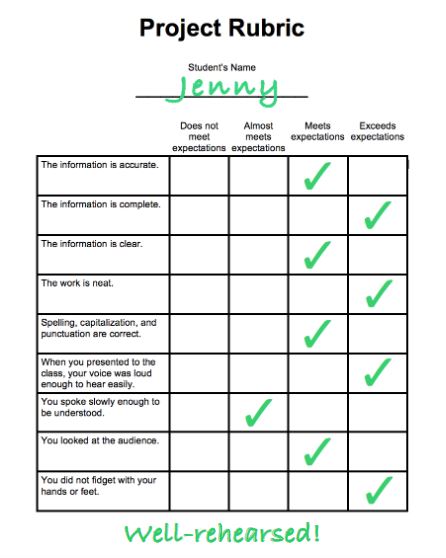


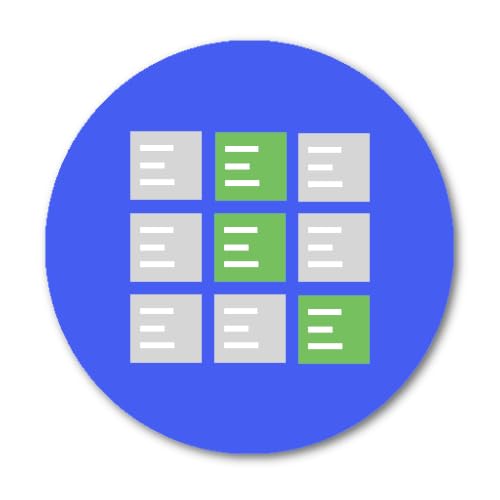

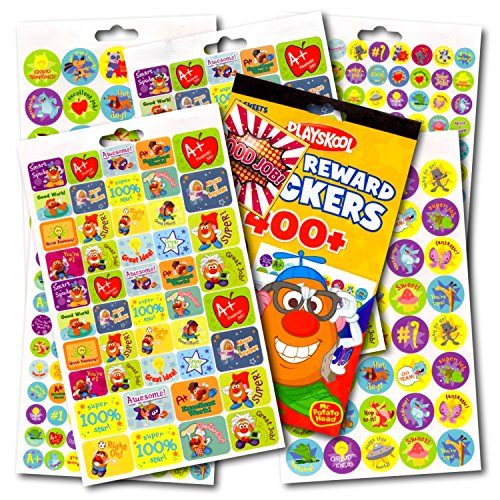

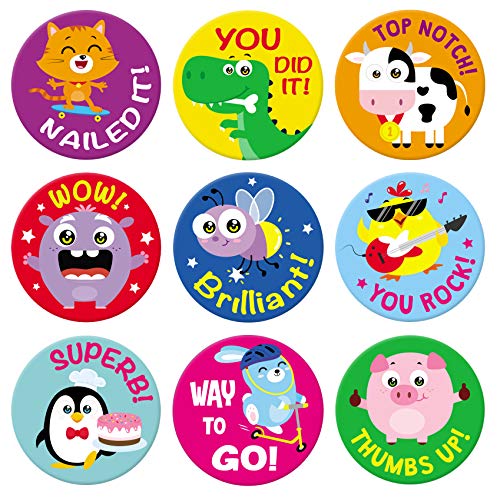


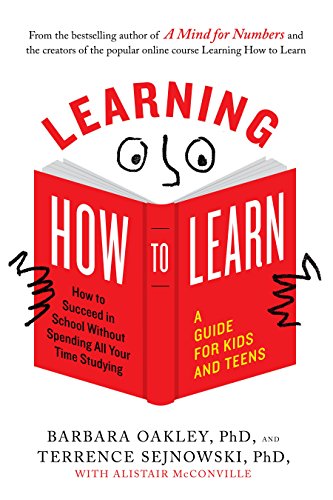


 Learn Nothing Day–Try It Today!
Learn Nothing Day–Try It Today! Homeschool Bands in South Carolina
Homeschool Bands in South Carolina Can I Start Tracking Attendance Toward Next Year?
Can I Start Tracking Attendance Toward Next Year? Parent Made Transcripts
Parent Made Transcripts




Great read!!!! Thanks for sharing such a great read, blogs like these will surely help each and every homeschoolers in homeschooling their children in the best way.